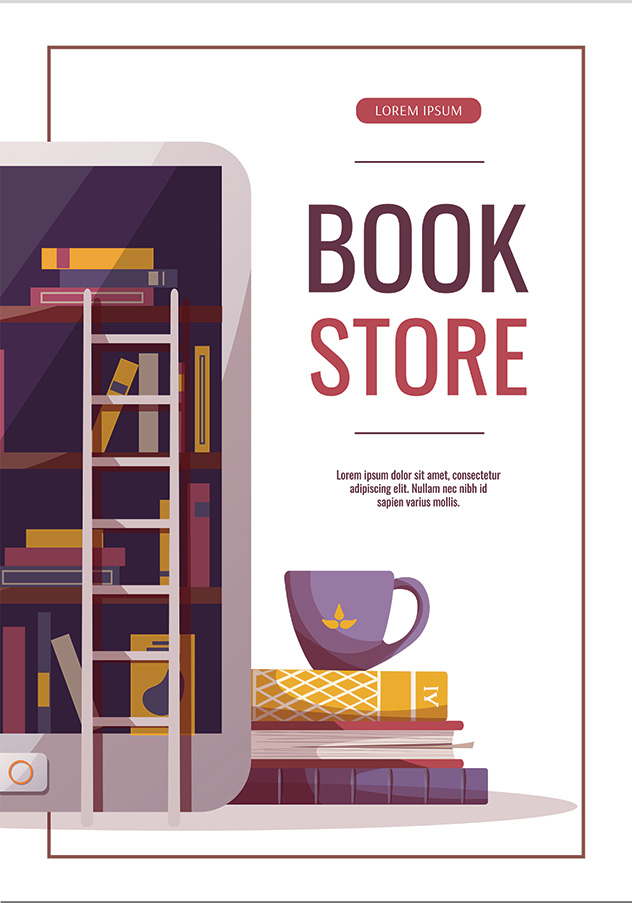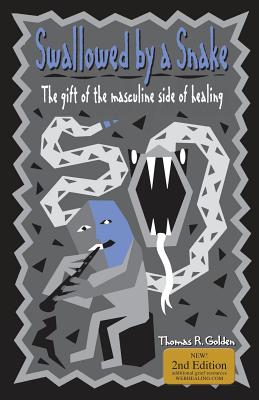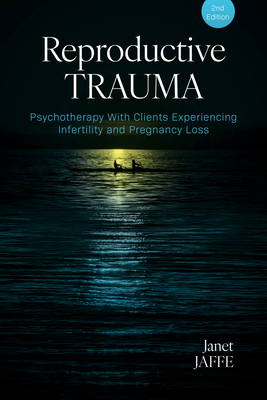
The release of The Red Book generated enormous interest in Jung's visual works and allowed scholars to engage with the legacy of Jung's creativity. The essays collected here present previously unpublished artistic work and address a remarkably broad spectrum of artistic accomplishment, both independently and within the context of The Red Book, itself widely represented. Tracing the evolution of Jung's visual efforts from early childhood to adult life while illuminating the close relation of Jung's lived experience to his scientific and creative endeavors, The Art of C.G. Jung offers a diverse exhibition of Jung's engagement with visual art as maker, collector, and analyst.
member goods
listens & views

SONG FROM THE UPROAR: LIVES ...
by MAZZOLI / MAZZOLI / NOW ENSEMBLE / FISCHER
COMPACT DISCout of stock
$9.99






